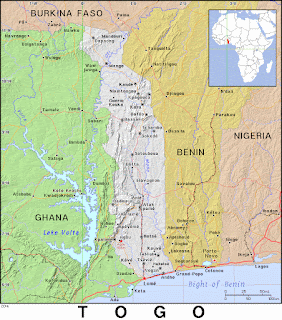I'm back! And ECOWAS has some troubles
Wow, it's been a minute since I posted anything in this journal! I'm going to take some time this week to catch the blog up on each country in ECOWAS. Let's start with ECOWAS itself - From The Conversation , The bloc is facing its biggest crisis since it was formed in 1975. Three of its 15 countries – Niger, Burkina Faso and Mali – have broken away and formed an alternative grouping, the Alliance of Sahel States . While Ecowas held a meeting of its members’ heads of state and government in Abuja on 7 July, Niger, Burkina Faso and Mali were holding a parallel meeting in Niamey, Niger’s capital. The three countries have vowed not to return to the Ecowas fold. ... Prior to the political crisis tearing at the heart of Ecowas, members of the regional bloc had been talking about creating a common currency. But that took a hit when, on 11 February 2024, the head of Niger’s military junta, General Abdourahmane T...





